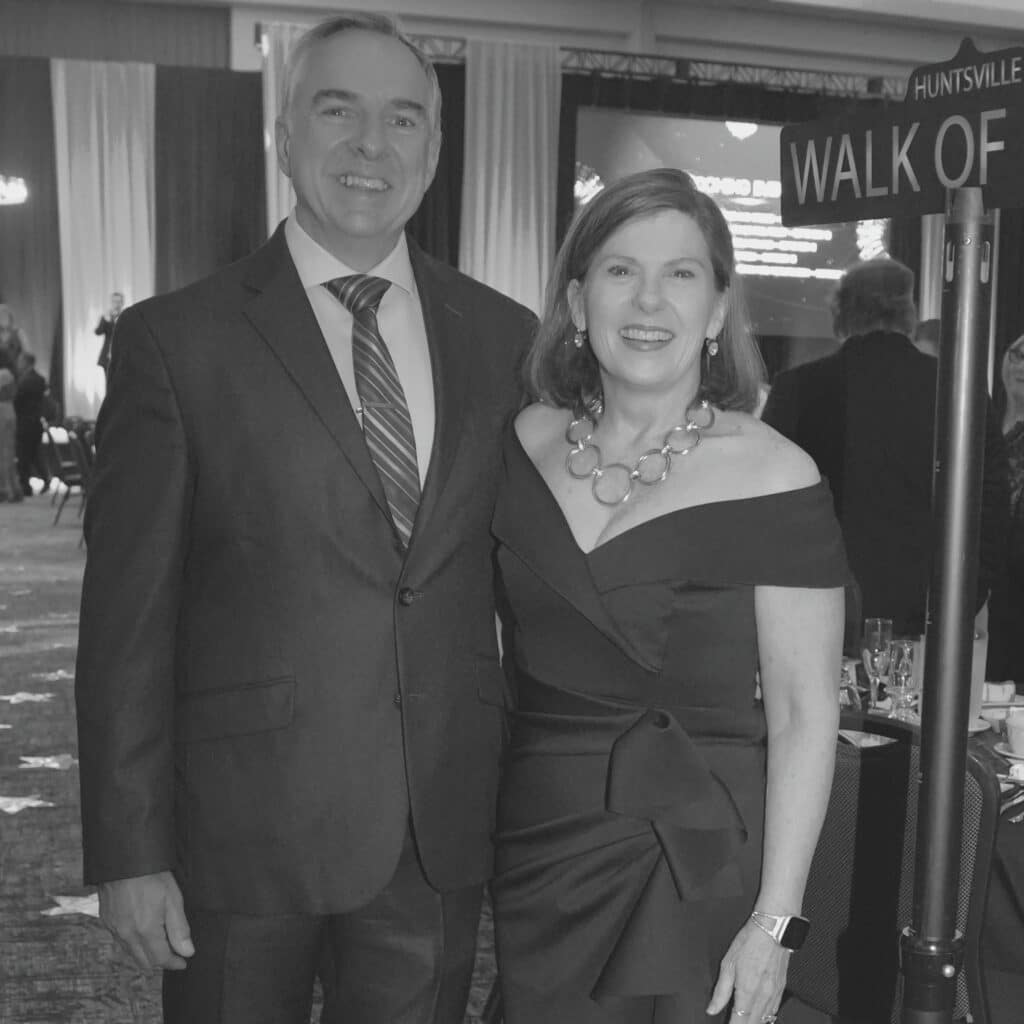16 Feb Millennials: Embracing Your Organization’s Future
By Dana Gillis, Executive Coach ― Mention the word “millennial” to a “baby boomer” manager in today’s workplace, and a predictable response might range from a heavy sigh to a furrowing of the brow. Today’s multi-generational workforce presents a unique challenge to today’s corporate leaders . . . or does it? What if business leaders decided to embrace the benefits millennials represent for the future of an organization, rather than bemoan the stresses their presence puts upon traditional ways of managing and leading?
Workforce History

The Ripple Effect
The economic recessions of the early 1990s and 2000s and the Great Recession of 2007 – 2009, created anxiety and uncertainty that reverberated throughout the workforce. As a result, many baby boomers were forced to postpone the gold watch and dreams of recreation, travel and self-fulfillment once afforded by a fully-funded pension and retirement. The ripple effect was that millennials entered the workforce adding to the strain Generation X was feeling. The promotional opportunities for advancement slowed and the norm of working with one company throughout one’s career became an anomaly rather than the norm. The perception that millennials were not as focused on the aims and goals of the workplace caused tension in the office. This was a new challenge for corporate leaders to manage. A recently released survey on millennial attitudes shines new light on the generation’s potential to impact the workplace of the future in far-reaching ways.
How Do You Lead Millennials?
A 2016 survey of millennials conducted by Deloitte and published in 2017, revealed that today’s business leaders don’t have to wallow in frustration in finding ways to lead millennials. Surprisingly, the millennial generation can be reached through several basic tenets of leadership. Clear communication, straight talk, and passion resonated with most survey participants. How can today’s organizational leaders capitalize upon the study’s findings?
Communicate Clearly
In articulating an organizational vision, use plain language that is both aspirational and easily interpreted from the board room to the assembly line. Make sure people know where you as a leader want to take them. Employees should understand what will be required of everyone to get to the intended result. Most millennial survey respondents (66%) preferred this style of leadership.
Encourage Passion
Millennials are a group that is passionate about its beliefs. If there is any question about that, recall the passion they’ve brought into national elections over the past several cycles. Once again, most respondents to the Deloitte survey (58%) expressed an affinity for business leaders who passionately stated their stands on important issues.
Share a Vision
In looking at a snapshot of the millennial generation’s preferences for being led, the fearless leader can glean that there is a commonality that can be leveraged to pave the way to a shared vision and shared goals. Based on new learning, organizational leaders should not fret over how to lead the millennial generation. Millennials’ desired leadership style is not as radical a departure from tradition as one might be led to believe. The tried and true methods of clear communication, along with a shared belief and vision of purpose and direction, will serve today’s leaders well in guiding the organizational leaders of tomorrow.
Related Articles
Ready to fearlessly provide feedback and get positive results?
Our Fearless Leaders MasterClass® Program will help you develop the emotional intelligence and leadership skills needed to have effective conversations.
Sign up to reduce manager overwhelm and employee turnover.




